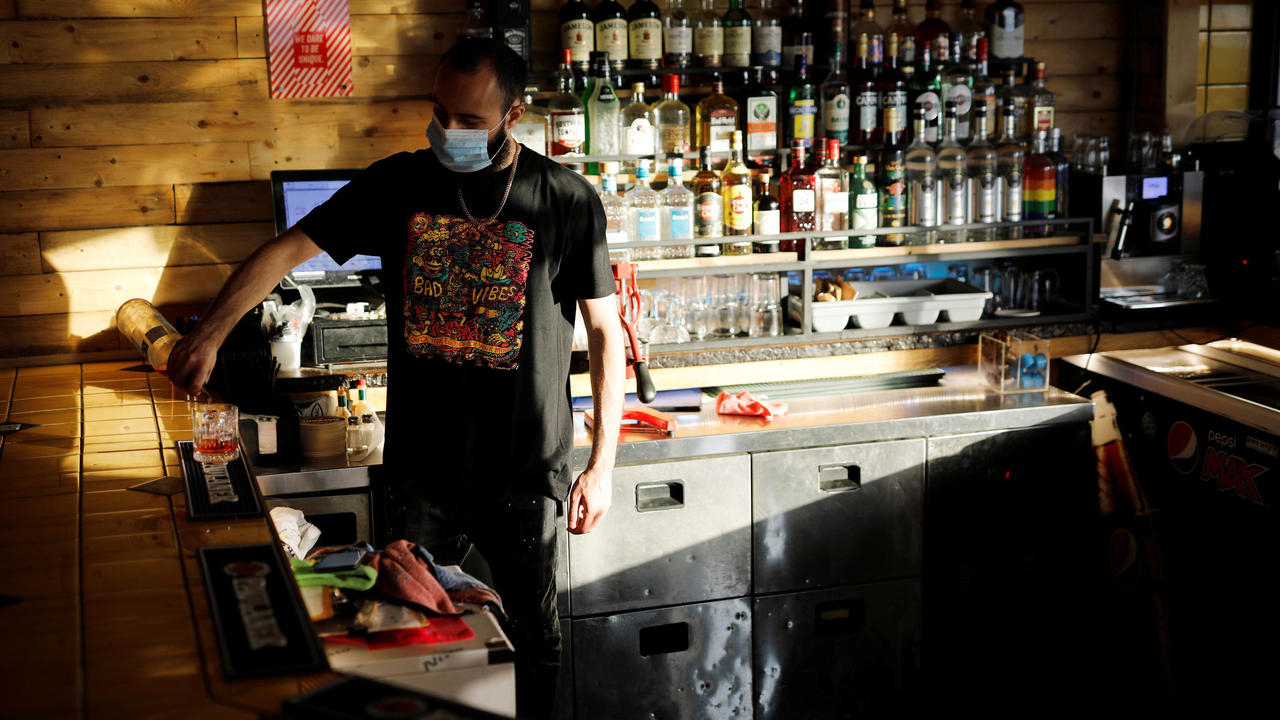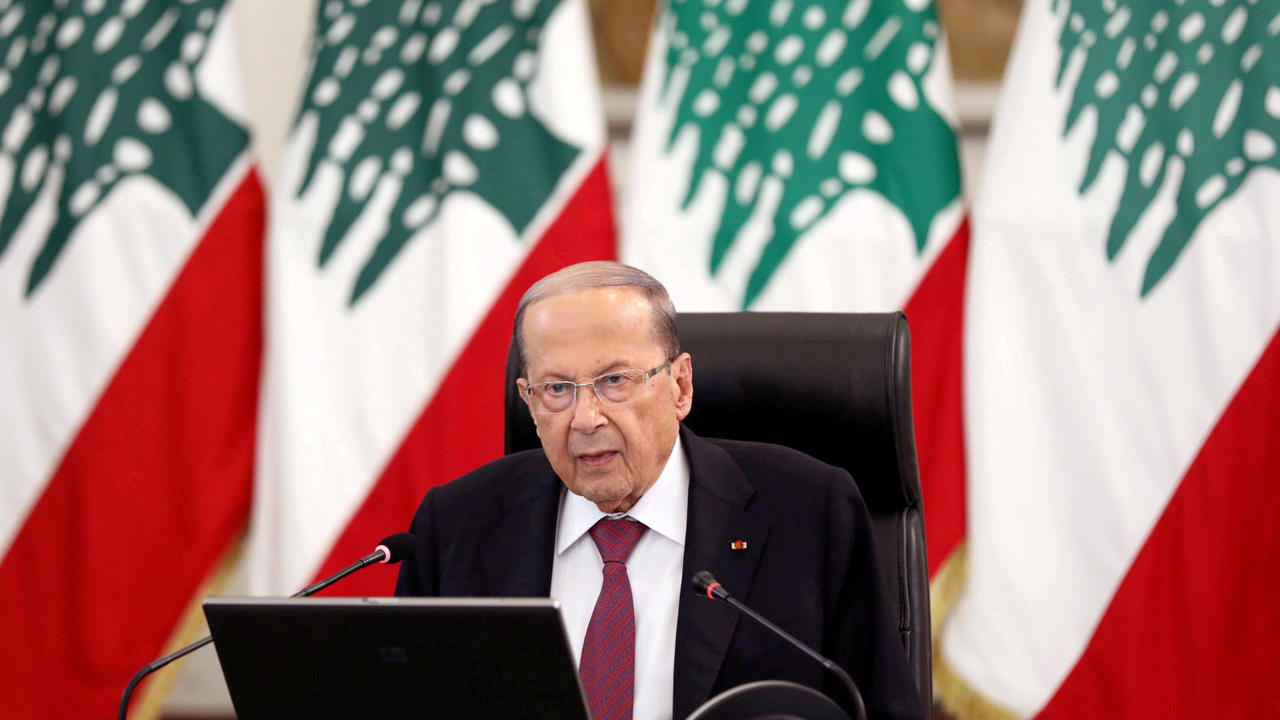MAP: Deadliest day in Gaza since 2014: devastating injuries and medics under attack

Medical Aid for Palestinians (MAP) is greatly saddened by the high loss of life and further mass casualties in Gaza this week and outraged that the safety of medical workers in Gaza was once again endangered as they carried out their vital humanitarian functions.
Monday 14 May was the deadliest day in Gaza since 2014. According to the Ministry of Health, 60 Palestinians were killed, including eight children and one health worker, and 2,771 injured after the use of live ammunition, rubber bullets and tear gas by Israeli forces targeting demonstrators. Of those hospitalised, 1359 suffered gunshot wounds.
Medical teams in Gaza also came under attack. Paramedic Musa Abuhassanin was fatally shot in the chest and 18 health personnel were injured, including Canadian-Palestinian doctor Tarek Loubani who was shot in both legs. Seven ambulances were damaged after they were targeted with tear gas canisters.
The following day, on the 70 anniversary of the Nakba, two Palestinians were reported to have been killed by Israeli forces in Gaza, and 417 injured. Multiple demonstrations also took place today across the West Bank, in commemoration of the Nakba. Initial figures from UN OCHA indicate that at least 166 Palestinians, including four children, were injured.
Since the Great March of Return demonstrations began on 30 March, at least 102 Palestinians, including 12 children, have been killed by Israeli forces during the course of the protests and more than 12,271 injured. 6,760 Palestinians have been hospitalised, including 3,598 (53 %) by live ammunition. More Palestinians have been injured in the demonstrations (12,271) than during Israels 51-day military offensive on Gaza in 2014 (11,231).
On Monday 14 May one Israeli soldier was lightly wounded and taken to hospital for treatment, the first Israeli casualty reported to date. There does not appear to have been any threat to them or to others that could have justified the widespread use of lethal and other excessive force.
Speaking to the New Statesman from Gaza this week, MAP CEO Aimee Shalan said:
“Our UK programme director and senior surgeons, here as part of an orthoplastic team, have all been in conflict zones before, but they say they have never seen injuries on the scale they saw yesterday [Monday 14 May]. Ambulances, triage areas, emergency rooms and theatres were all full.
“I have visited Gaza many times, and I have never seen the situation this bad before – in terms of morale, it is rock bottom. The people here are exhausted by Israels closure and blockade, which has lasted 11 years.”
Dr Andy Ferguson, MAPs Director of Programmes, described the devastating injuries he saw in Gazas hospitals:
[contfnewc]
MAP is responding directly to help local teams treat the injured through the provision of essential medical supplies including medicines, disposables and equipment for orthopaedic surgery. We also supported three medics, orthopaedic surgeon Graeme Groom, consultant plastic surgeon Tom Potokar and plastic and reconstructive surgeon Ghassan Abu Sitta, who were in Gaza this week working alongside local teams to treat the large number of complex limb injuries as a result of the use of live fire. We have been overwhelmed by the generosity of supporters who have made our rapid response possible. Thank you.
Find out more about MAPs emergency response
MAPs team in Gaza have reported that the health system is near breaking point after receiving so many devastating and disabling injuries. Chronic shortages in medicines and disposables have spiked in recent months and are particularly acute for cancer, cardiac and dialysis patients. In addition, hospitals suffer from severe shortages of fuel to keep generators running and services open and are functioning on just four or five hours of mains supply of electricity a day.
At a press conference at Al Shifa Hospital, the Ministry of Health called for international support to prevent the complete collapse of the healthcare system in Gaza.
The blockade of almost 2 million people in Gaza has been labelled “collective punishment” by the UN Secretary General, the UN Special Rapporteur on human rights in the occupied Palestinian territory and by the International Committee of the Red Cross. Collective punishment is prohibited under international law.
11 years of closure, three major offensives by Israeli armed forces, 51 years of occupation and chronic fuel shortages have together pushed Gaza to the brink of being an “unliveable” environment, as the UN warned several years ago.
MAP repeats its call to the UK Government and the international community to:
- Support and actively work toward credible, independent investigation into Israels use of force against protesters in Gaza and ensure that suspected wrongdoers are held to account;
- Provide immediate support to Gazas health system, which is fast running out of supplies to treat the wounded;
- Reiterate a commitment to strengthening international law pertaining to respect for and protection of medical personnel and facilities, including by promoting adherence to UN Security Council Resolution 2286 (2016);
- Demand an end to Israels 11-year closure and blockade of Gaza; and
- Make a public statement which re-iterates the relevant international law with regards to the situation in Gaza



